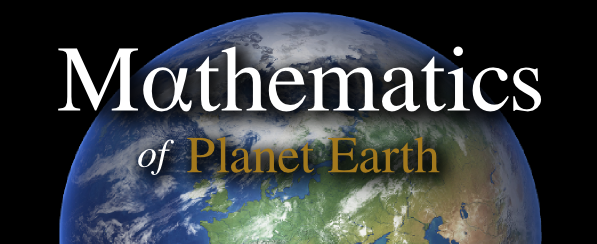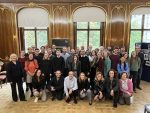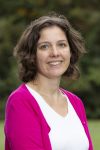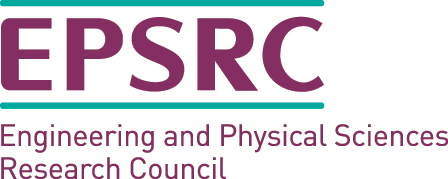This event will be co-hosted with the Scenario Doctoral Training Partnership and will take place at The University of Reading, room 109, The Palmer Building
Programme:
Coffee and Tea available from 10.30
11.00: Welcome from Jennifer Scott
11.00-11.45 Dr Samuel Hatfield, ECMWF (Chaired by Jennifer Scott)
‘Millibars and Megabytes’
Over the past 40 years there has been a monumental increase in the accuracy of weather forecasts, fuelled by supercomputing technology. Nowadays, by simulating the Earth’s atmosphere, oceans, and other natural systems on these supercomputers, we are able to predict the tracks of hurricanes and other storms even 8 days ahead. Such high accuracy forecasts have demonstrable value to a global society more and more exposed to the extreme weather of a changing climate. In this talk I will discuss the key advances in supercomputing that allowed these developments in Earth-system simulation science, and what further advances we can expect as supercomputing technology continues to evolve into the future.
…
12.00-12.45 Dr Christopher Maynard, Associate Professor, Department of Computer Science, University of Reading and The Met Office (Chaired by Jochen Broecker)
‘The challenge of weather and climate prediction on the next generation of supercomputer’
Improvements in the accuracy of weather forecasts and climate model predictions rely, at least in part, on improvements to computational speed of supercomputers. However, inter-generational processor speed increases ceased in the late nineties. Since then, gains in computational performance have come from exploiting parallelism in computation, i.e. doing multiple things at once. However, power constraints have forced processors to become ever more parallel. Moreover, even complex, heterogeneous architectures in supercomputer nodes such as CPU+GPU are now becoming common. How can we develop scientific software when the underlying computer architectures and programming models change more rapidly than model development? In this talk I will detail the approach the Met Office taking to developing new weather and climate models for future supercomputers.
…
12.45-14.00 Lunch – room 111 The Palmer Building
…
14.00-14.45 Dr Joanne Waller, The Met Office (Chaired by Colin Cotter)
‘Can we handle spatial observation error correlations in atmospheric data assimilation?’
Over the last 10 years the use of inter-channel correlations in data assimilation has resulted in improved weather forecasts. However, despite the existence of significant spatial error correlations they are not yet widely accounted for in atmospheric data assimilation. This presentation will consider how we can handle these spatial error correlations. First, the importance and expected benefits of including spatial error correlations will be discussed. Next, potential methodology for handling spatial correlations will be presented along with some of the technical challenges that still remain. Finally, we present results that show the impact of assimilating Doppler radar radial wind observations when explicitly accounting for the correlated observation errors. We conclude that, though some technical challenges remain, we are able to handle some spatial observation error correlations, and the benefits of this are beginning to emerge.
…
15.00 Closing remarks, Dan Crisan
…..






